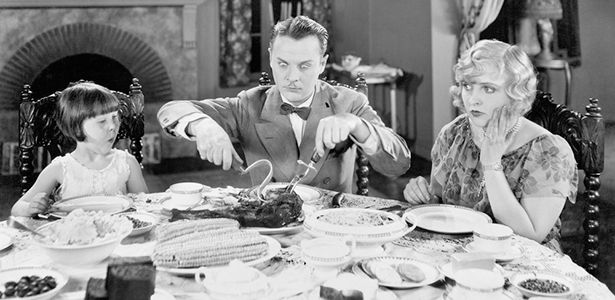
When it comes to food choices, nobody likes to be told what to do, espcially not children. In fact, at the age of 10, it would seem that nothing makes a food more desirable than it being prohibited by a parent. How, then, parents encourage their children to eat a balanced diet? If explicit regulating doesn't work, what will?
A new study from Michigan State, led by researcher Megumi Murashima, challenges the conventional wisdom about overt vs. covert control of food choice. Children are far more likely to develop healthy eating habits, says the study, if their parents lead by example. Parents who impart explicit food restrictions, force, reward, and punishments are, "better off providing a healthy food environment, adopting balanced eating habits themselves, and covertly controlling their children's diet quality by not bringing less healthy foods into the house," says co-author of the study, Sharon Hoerr.
For more information, or to read the study in its entirety, check out American Journal of Clinical Nutrition.
To Teach Kids to Eat Smart, Parents Should Show, Not Tell from The Atlantic
I love nothing more than a summer tomato (maybe add some balsamic, basil, and home-made mozz). In my free-time, I cook, read about cooking, farm, read about farming, and eat. Food is a basic necessity, but good food ought to be a fundamental right.
See what other Food52 readers are saying.